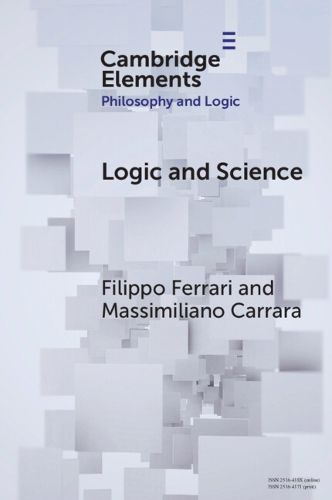Readings Newsletter
Become a Readings Member to make your shopping experience even easier.
Sign in or sign up for free!
You’re not far away from qualifying for FREE standard shipping within Australia
You’ve qualified for FREE standard shipping within Australia
The cart is loading…






This Element delves into the relationship between logic and the sciences, a topic brought to prominence by Quine, who regarded logic as methodologically and epistemologically akin to the sciences. For this reason, Quine is seen as the forefather of anti-exceptionalism about logic (AEL), a stance that has become prevalent in the philosophy of logic today. Despite its popularity and the volume of research it inspires, some core issues still lack clarity. For one thing, most works in the debate remain vague on what should count as logic and what should count as a science. Furthermore, the terms of the comparison are rarely specified and discussed in a systematic way. This Element purports to advance the debate on these crucial issues with the hope of fostering our understanding of the fundamentals of AEL. This title is also available as Open Access on Cambridge Core.
$9.00 standard shipping within Australia
FREE standard shipping within Australia for orders over $100.00
Express & International shipping calculated at checkout
This Element delves into the relationship between logic and the sciences, a topic brought to prominence by Quine, who regarded logic as methodologically and epistemologically akin to the sciences. For this reason, Quine is seen as the forefather of anti-exceptionalism about logic (AEL), a stance that has become prevalent in the philosophy of logic today. Despite its popularity and the volume of research it inspires, some core issues still lack clarity. For one thing, most works in the debate remain vague on what should count as logic and what should count as a science. Furthermore, the terms of the comparison are rarely specified and discussed in a systematic way. This Element purports to advance the debate on these crucial issues with the hope of fostering our understanding of the fundamentals of AEL. This title is also available as Open Access on Cambridge Core.